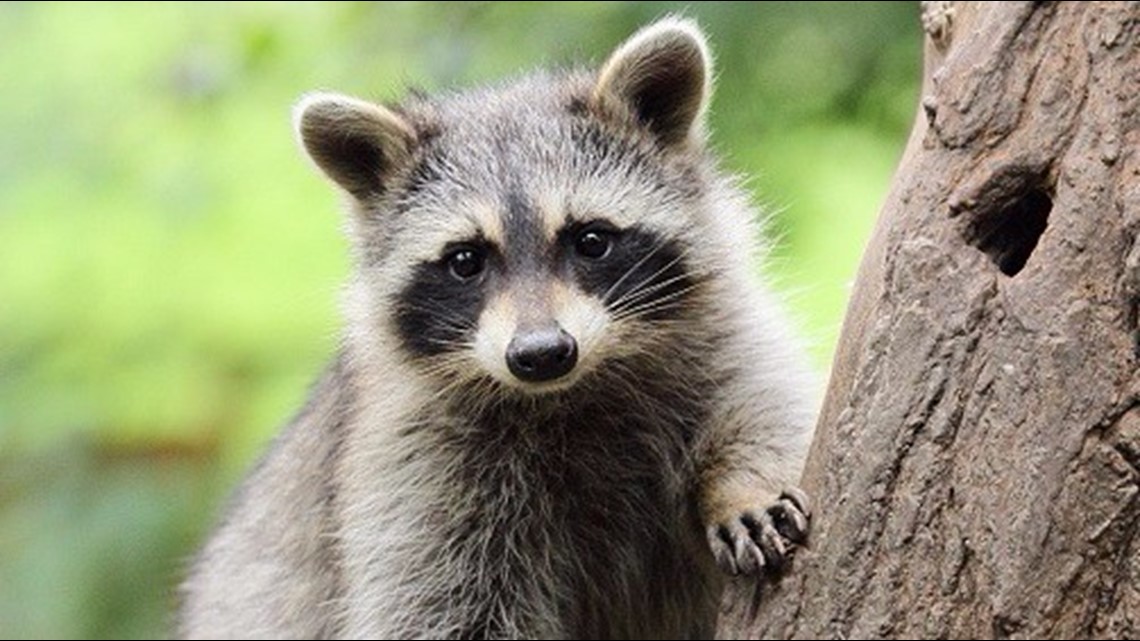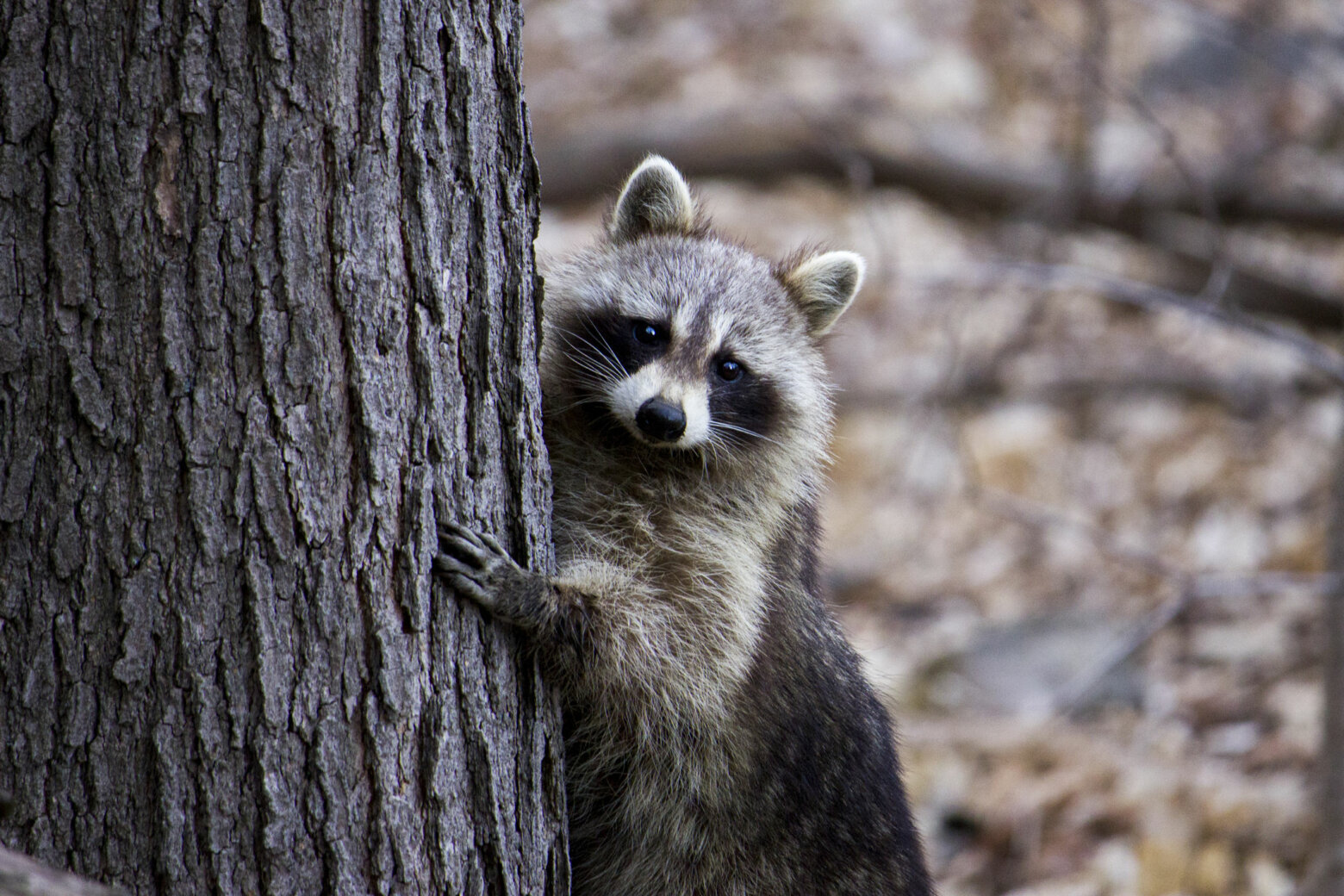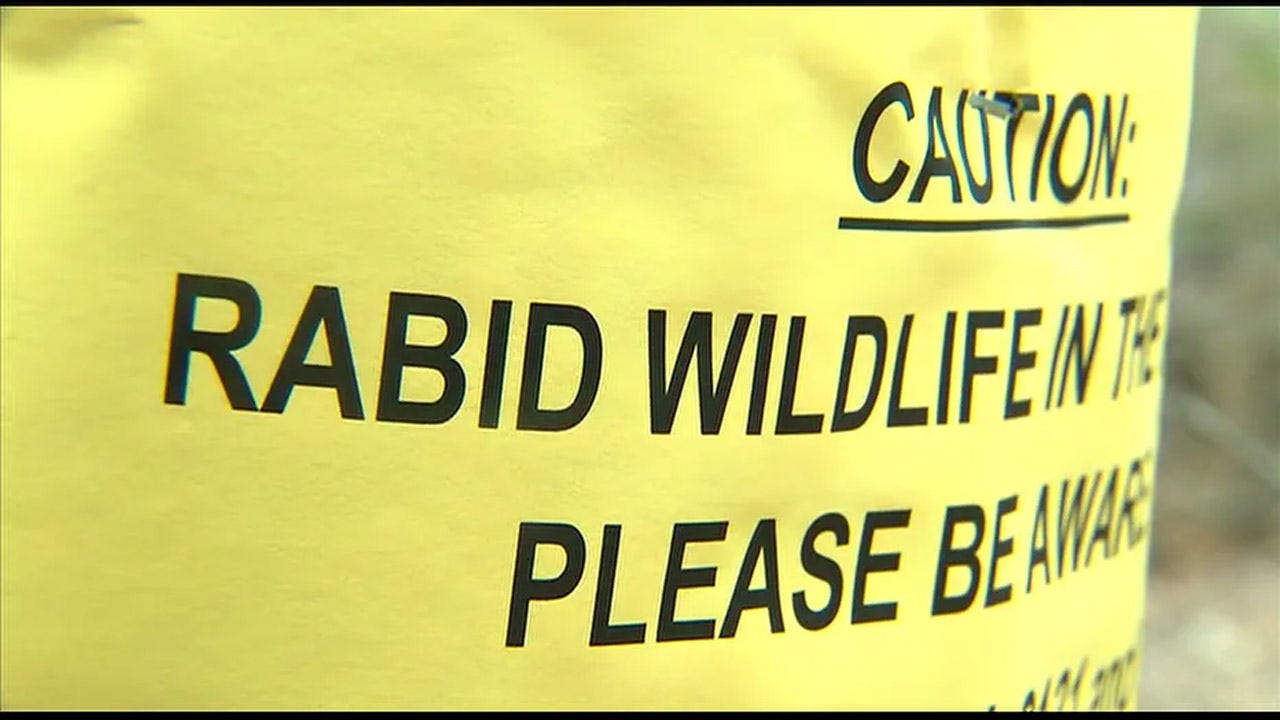
In recent news, two raccoons in Maryland have tested positive for rabies, prompting health officials to issue alerts and remind residents of the importance of preventative measures.
The first incident occurred on April 5, when a raccoon was found on Lee Boulevard near John Marshall Park in Shady Side, Anne Arundel County. Anyone who came into contact with the raccoon is asked to contact the Anne Arundel County Department of Health.
A second raccoon was discovered on April 11 in College Park, Prince George's County. The animal was found looking ill and weak in the 5200 block of Iroquois Street and was captured by the Animal Services Division. The raccoon tested positive for rabies on April 16.
Rabies is a life-threatening disease that can be prevented through post-exposure treatment, which should be started as soon as possible. It is spread through the saliva of an infected animal, usually via a bite or scratch. To prevent exposure to rabies, individuals are advised to avoid contact with unfamiliar animals and ensure their pets are vaccinated against rabies.
Approximately 900 Marylanders receive preventative treatment for rabies each year after exposure to a potentially rabid animal. Rabies symptoms include hyperactivity, excitable behavior, hydrophobia, aerophobia, and paralysis. If you believe you or someone you know may have come into contact with a raccoon or other animal that has tested positive for rabies, contact your local health department immediately.
Rabies is just one of many diseases that can be transmitted from animals to humans. It's important to take precautions and stay informed about potential health risks in your community.




